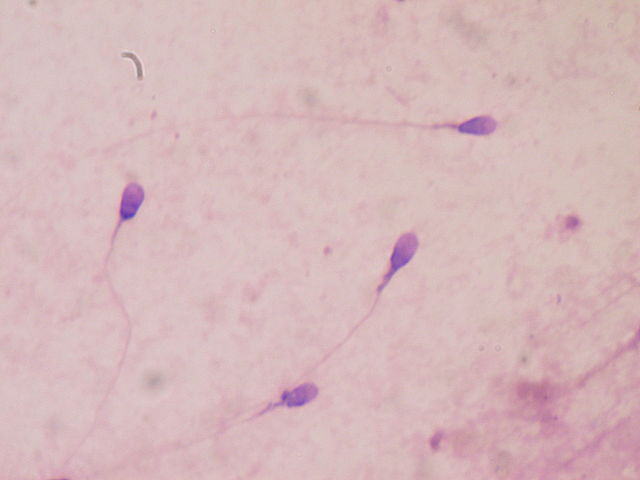COVID-19 may reduce male infertility as the disease can cause sperm cell death, inflammation and “oxidative stress”, according to a new study based on experimental evidence published in the journal Reproduction.
Researchers reported their findings on Friday, January 29 according to AFP via EWN, and said: “These findings provide the first direct experimental evidence that the male reproductive system could be targeted and damaged by COVID-19.”
Experts, however, are unconvinced and commented that the research fails to prove the capacity of the virus to compromise male fertility.
COVID-19 attacks the lungs, kidneys, intestines and heart and can also infect male reproductive organs, which can impair sperm cell development and disrupt reproductive hormones, according to the findings of earlier studies – the same receptors that allow the virus to affect lung tissue are present in the testicles.
That being said, the impact of the virus on the ability of men to father children remains unclear.
The researchers, Behzad Hajizadeh Maleki and Bakhtyar Tartibian from Justus-Liebig-University in Germany, searched for biological markers that might show signs of a negative impact on fertility.
An analysis done at 10-day intervals compared the data of 84 men with COVID-19 to data of 105 men who were COVID-free.
The sperm cells of COVID patients displayed a significant increase in markers of inflammation and oxidative stress, which is a chemical imbalance that can damage DNA and proteins in the body.
“These effects on sperm cells are associated with lower sperm quality and reduced fertility potential,” said Maleki in a statement.
Maleki added that the effects lessened over time they remained “significantly and abnormally higher in the COVID-19 patients.”
He believes the male reproductive system is extremely vulnerable to COVID-19 infection and it should be declared a high-risk organ by the World Health Organization (WHO).
While experts did not dismiss the research, they cautioned that more information was needed before solid conclusions could be made.
Alison Campbell, the director of embryology of the CARE Fertility Group in Britain, said men should not be unduly alarmed by the research.
“There is currently no definitive evidence of long-lasting damage caused by COVID-19, to sperm or male reproductive potential,” she said to the London-based Science Media Centre.
Campbell suggested that results could have been skewed, as the group of COVID-19 patients were treated with medications that the control group was not.
Allan Pacey, a professor of andrology at The University of Sheffield said that he needs to “raise a strong note of caution” about the way the researchers interpreted the data, to CNN.
While Alison Murdoch, head of Newcastle Fertility Centre at the International Centre for Life, said: “It is important to note that there is no evidence of Covid-19 virus in the semen and that there is no evidence that virus can be transmitted via semen.”
Picture: Wikimedia Commons

